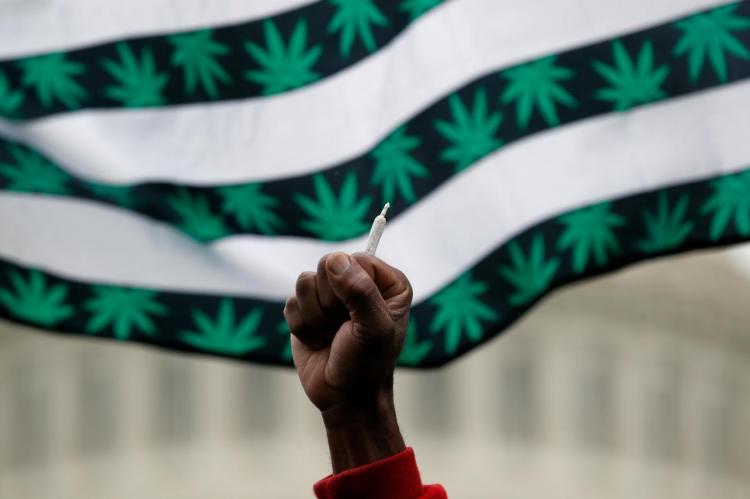Bill to address racial inequity in cannabis licenses gets OK from Washington House
Washington House lawmakers Sunday passed a bill intended to address racial inequity within the cannabis industry by issuing previously forfeited, canceled and revoked retail licenses to applicants of a new social equity program.
House Bill 2870 would require the Liquor and Cannabis Board (LCB) to prioritize applicants who represent communities disproportionately impacted by the war on drugs. In issuing licenses, the agency would consider factors including the applicant’s race and gender, history of marijuana convictions during prohibition, and plans to employ people of color, as well as the impact the war on drugs had on their neighborhood.
The LCB requested the legislation, and the panel says it has 13 licenses not currently being used that could be redistributed. A marijuana social equity task force established under HB 2870 would have to recommend whether more licenses should be issued by December.
The legislation would also create a grant program to assist new licensees with navigating the licensing process, developing business plans, networking and other skills.
LCB director Rick Garza said HB 2870 is meant to establish social equity goals that weren’t addressed in 2012 when voters legalized recreational marijuana by approving Initiative 502. One important goal, supporters say, is addressing the residual effects of the war on drugs that are seen in the cannabis industry.
“Initiative 502 missed an opportunity to incorporate a focus on social equity,” Garza said. “The history of cannabis prohibition shows abundant evidence there was disproportionate harm in communities of color, and that those harmful effects remain with us today.”
Pettigrew said HB 2870 is informed by pushback he received this year regarding a bill that would have provided low-interest loans to minority-owned cannabis businesses while opening the market to out-of-state money. Opponents to that bill said it used equity language to disguise a corporate agenda that would flood the market with money and run mom-and-pop shops to the ground.
“I had a chance to meet with some proponents and opponents a little more … and really came to understand that this is beyond the issue of licenses,” Pettigrew said. “This is potentially a different distribution of wealth as we move forward in this industry.”
The bill passed through the House 55-41, with no Republicans voting in favor. Assistant Minority Floor Leader Rep. Drew MacEwen, R-Union, said the bill “felt very rushed through.” The bill is now in the Senate, and must be passed out of committee by Feb. 28.
The legislation comes after a consultant’s independent review contracted by the LCB that found the agency in need of a “culture change.” For years, licensees have complained of the agency’s tendency to find businesses out of compliance, rather than help them become compliant.
The review also cited a perception among licensees that some LCB officers are “anti-cannabis,” and treat legal business owners like criminals, despite legalization.
“There’s a consequence to the toxic culture,” said Aaron Barfield of the activist group Black Excellence in Cannabis. “And African Americans are the victims.”
Black Excellence in Cannabis is urging lawmakers to alter the bill’s language so that more than 13 licenses are issued, Barfield said. He is also skeptical of giving the LCB discretion over who is issued licenses.
According to Garza, changes in the LCB’s approach will begin in the next few months, with the goal of easing the “sense of intimidation” between the agency and licensees, and taking an approach that is “less of a stick, more of a carrot.”
The LCB is a regulatory agency with “limited law enforcement officers” responsible for performing compliance checks and complaint investigations. The report, however, found that the LCB was more aligned with the policies, training, and metrics of a law enforcement agency. As of 2019, the LCB has 104 officers.
To follow the recommendations of the report, Garza said half of LCB officers’ time will be dedicated to outreach and compliance assistance, instead of the 5% to 10% he estimates officers previously spent. The agency will also reconsider its uniform policy in an effort to reduce the number of officers who carry handguns.
“There’s still a lot of stigma and bias around cannabis,” Garza said. “Just because it’s been legal for a few years doesn’t mean people don’t have stigma.”
- Log in to post comments

